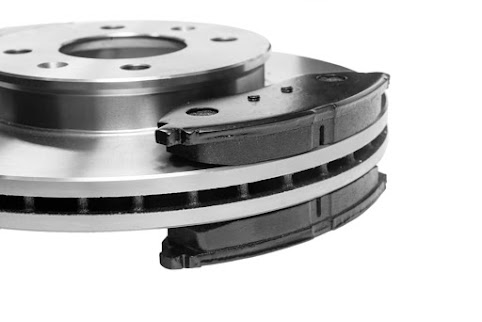Do you know when to change your car's brake pads ? This part
is very important for your safety, as it makes up the disc brake system. When
the brake is applied, they press the disc, thus stopping the car. Visit this link to gain more ideas: How Long Do Brake Pads Last?
When the pads are worn, the braking efficiency is at serious risk, as they may not press the disc correctly. Know, therefore, when the replacement of brake pads must be carried out , it is a simple and inexpensive procedure. There are basically three ways to know when to switch:
In the most equipped and modern car models, there is a wear indicator on the brake pads, which informs the driver that the change must be made. Unfortunately, few cars come with this facility, so most will need to know the other way!
This way of knowing when to change the brake pad is the most usual and relies on your hearing sense. You should keep your ears open for a noise in the front tires .
The brake pads have a wear indicator that hits the brake disc and produces a metallic noise. If you hear such a noise, go to a repair shop, the chances of the brake pads being worn out are huge, especially when the car has already reached 30,000 km.
The numbers are also good indicators: every 5,000 km run, it is indicated that a review is made on the brake pads, and between 30,000 km and 40,000 it is mandatory that the pads be changed, as they will surely be worn and will have reached a thickness of 2mm, the minimum measure indicated.
If the pads are not changed, the disc will be damaged, complicating and making an operation that should be simple, cheap and fast.
Here's the tip: Accept the parts' service life and replace them as soon as they start showing signs of wear, as the future damage can be much greater.


